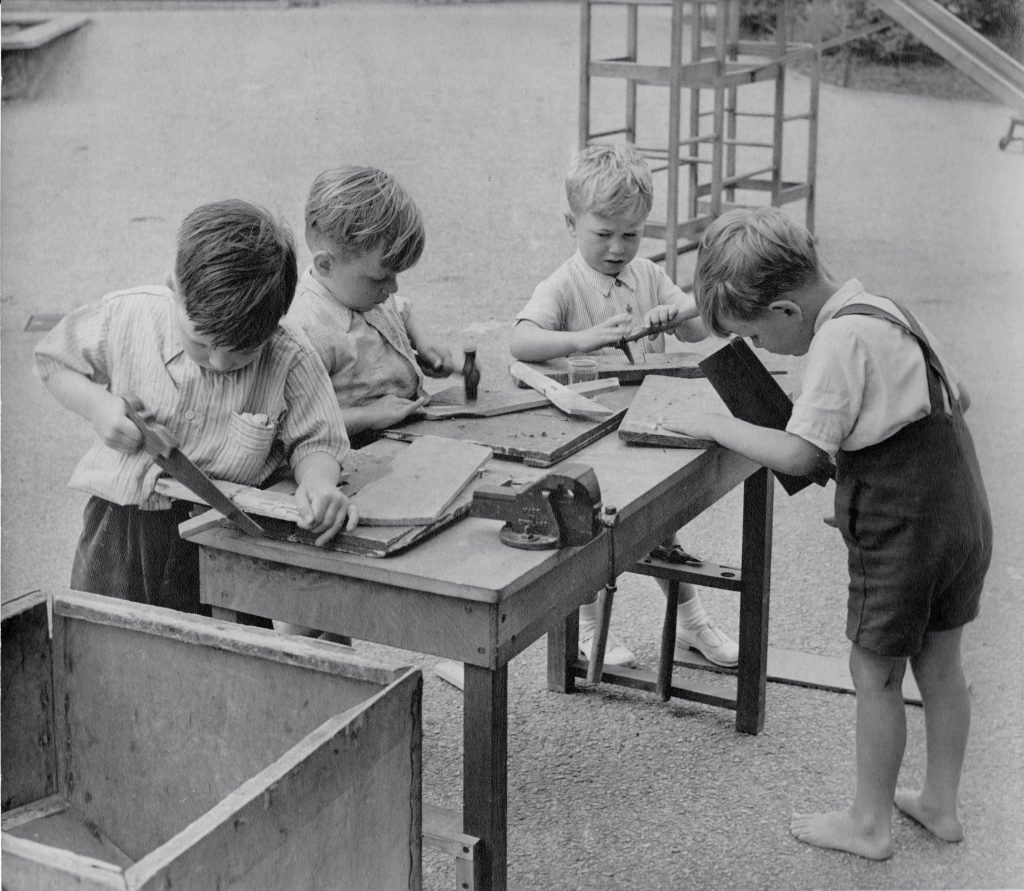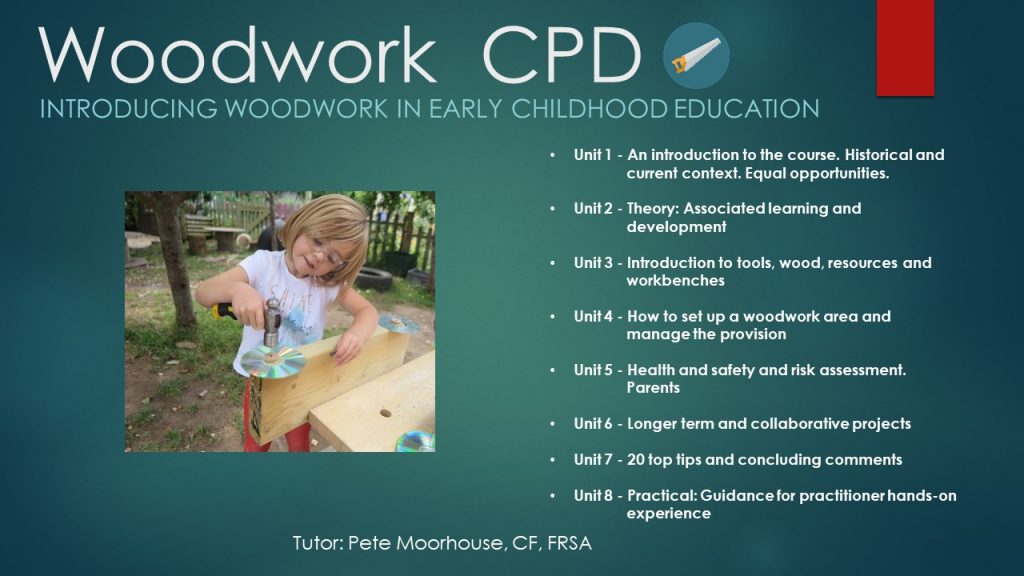Woodwork provision is viewed as a natural addition to Steiner Waldorf settings. It is authentic hands on learning.
Waldorf education, also known as Steiner education, is based on the educational philosophy of Rudolf Steiner, the founder of anthroposophy. The pedagogy strives to develop pupils’ intellectual, artistic, and practical skills in an integrated and holistic manner. The cultivation of pupils’ imagination and creativity in ways that serve their developmental needs is emphasised.
“Children who learn while they are young to make practical things by hand in an artistic way, and for the benefit of others as well as for themselves, will not be strangers to life or to other people when they are older. They will be able to form their lives and their relationships in a social and artistic way, so that their lives are thereby enriched. Out of their hands can come technicians and artists who will know how to solve the problems and tasks set for us.”
Rudolf Steiner

Rudolf Steiner
Waldorf pedagogical theory considers that during the first years of life children learn best by being immersed in an environment they can learn through practical activities. The early childhood curriculum centers on experiential education, allowing children to learn by example, and opportunities for imaginative play.
Waldorf preschools embrace a regular routine that includes free play and artistic work. Woodwork is seen as an ideal medium, being a natural material, and the activity lends itself to imaginative play, as well as a whole array of skills and cross-curricular learning opportunities The use of natural materials has been widely praised as fulfilling children’s aesthetic needs, encouraging their imagination, and reinforcing their identification with nature.
Through woodwork children work with their head, heart and hands. Rudolf Steiner made a direct correlation between these three ideals with the use of the head, the heart, and the hands or the principals of thinking, feeling, and willing. Artistic activity, creativity and imagination are integral to woodwork. Through woodwork children develop a strong sense of self and develop diverse capacities that empower and enable.
“The heart of the Waldorf method is that education is an art – it must speak to the child’s experience. To educate the whole child, his heart and his will must be reached, as well as the mind.”
Rudolf Steiner, Human Values in Education

Are you looking to embed woodwork within your Steiner Waldorf setting?
Pete Moorhouse offers training to Pre-school and Primary levels as in house professional development and also offers an online training course for early childhood.
through woodwork children experience a material that connects them to the natural world
Pete Moorhouse
The in-depth-online training course includes 18 supporting handouts

